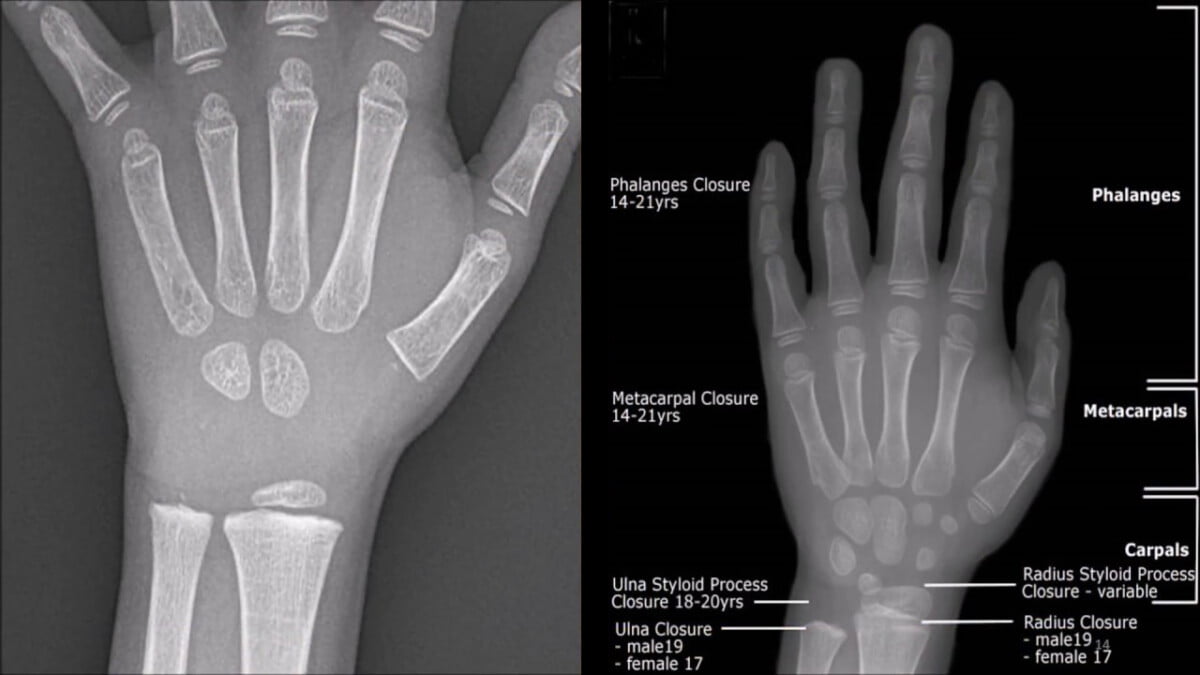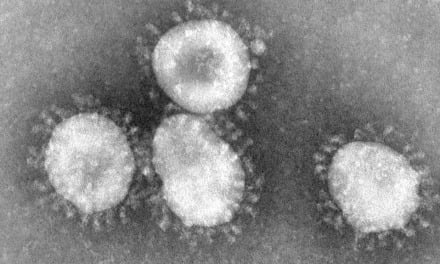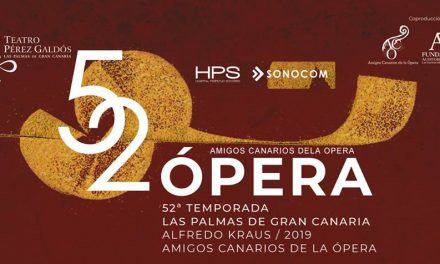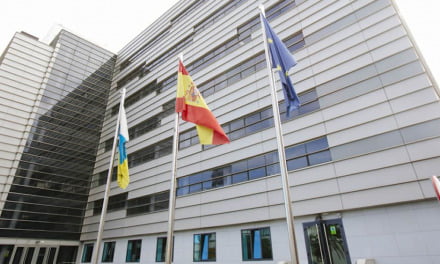Bone age determination tests are being carried out on hundreds of young migrants, and some results, as suspected, have shown that there were adults erroneously being accommodated in juvenile facilities. Upon arrival to the Canary Islands, unaccompanied minors, young people under 18 years of age, are protected under law by the Autonomous Community. The Regional Government has previously estimated that up to 600 of the migrants claiming to be children are in fact older and have chosen to enter the Canarian Executive’s child protection network erroneously, in an effort to evade deportation or other consequences.
This is a problem taken very seriously by the Ministry for Social Rights, who have been all but overwhelmed by the massive increased arrival of minors to the archipelago, having had to organise temporary accommodation for several hundred of them in hotels on the south of Gran Canaria. What’s more, the Canary Islands’ entire Community budget this year, for this work, has already been used up in just the first two months of the year.
The Ministry previously indicated that they currently care for 2,036 presumed minors, without documentation to assist with determination of age, although it is, in their opinion, only necessary to X-ray about 1,000 for whom there are reasonable doubts; as the rest are obvious minors. There are about 300 individuals, thought to be adults, who are according to the Ministry, clearly older and then up to another 300 approximately for whom it cannot be certain, as they are thought to be in the age group of between 17 and 20. All will be subject to bone age determination tests to assess and record their age, at an accuracy rate of up to 95%.
The Ministry has now demonstrated that there are in fact adults who have to leave the centres accommodating minors. If they are adults, they become the responsibility of the Spanish State. In this context, the Immigration Prosecutor’s Office have determined 54 adults (26 on Tenerife and 28 on Gran Canaria) who were in juvenile centres but are not children, the Ministry of Social Rights reports.
On February 10, at the request of the Ministry, a meeting took place between the Government Delegation, National Police, Guardia Civil, The Immigration Prosecutor’s Office, the various collaborating organisations that have been delegated to take care of minors and the Ministry of Health, as well as the Institute of Legal Medicine to coordinate the bone age determination tests process and speed it up, especially on Gran Canaria due to the number of minors who have reached the island, because there has been no protocol to determine age from when they arrive and so if they declared that they are minors they were simply sent to the centres. The Covid-19 pandemic response and restrictions have also delayed these tests. Since the meeting, the processing of bone samples has been streamlined in a “remarkable way”, explained the Social Rights Ministry.
Nine autonomies will welcome just 177 of last year’s migrant children, of the 2,658 that are currently in the Canary Islands Child Protection system
The President of the Regional Government, Ángel Víctor Torres, made a loud call for help last Monday, in Brussels, making clear that the Canary Islands need solidarity and resources to care for these minors. The Canarian Executive has also asked the Spanish State and other autonomous communities to be jointly responsible for the care of these minors. Nine Spanish Regional Governments have responded but offering only 177 places to assist some of the 2,658 minors currently under Canary Islands guardianship. Referrals begin on March 10. Catalonia has been the most supportive, with the offer of 43 places; Castilla León and Extremadura have offered 25 each; Cantabria and Galicia 20; Valencia 18; Asturias 16; Navarra 10 and Aragón about 15. Meetings have continued with Castilla La Mancha and the Basque Country. Ceuta, Melilla, Murcia, Andalusia, Madrid, La Rioja and the Balearic Islands have not shown predisposition to assist in the matter.













